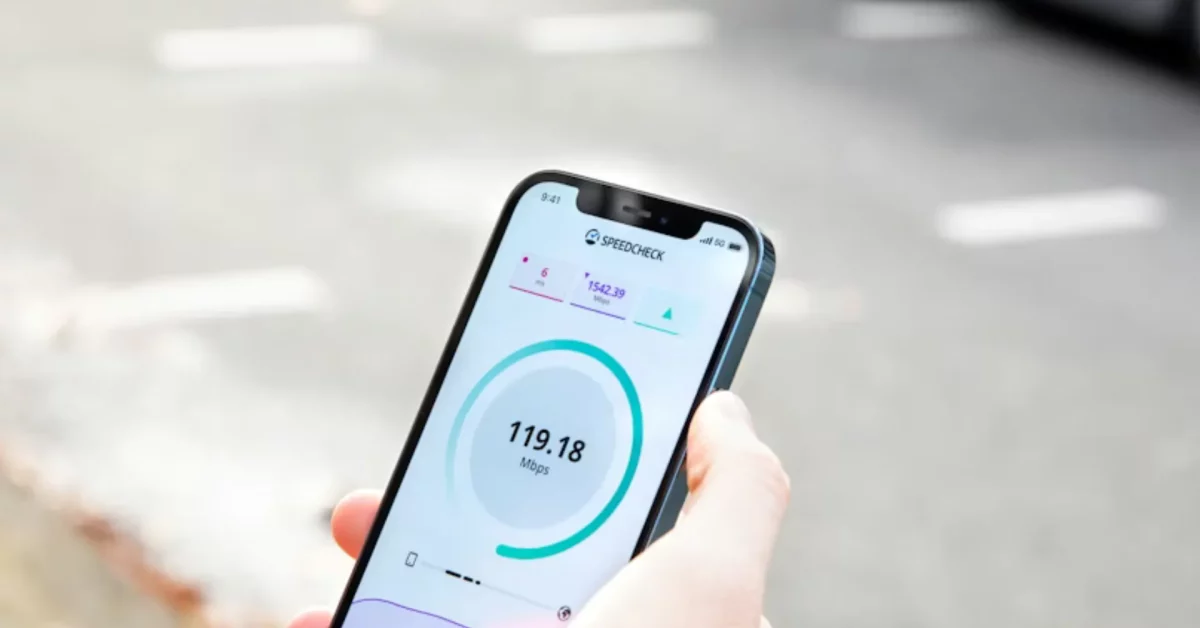State Life Insurance partners with JazzCash to Digitize Payment Collection
October 27, 2024
SEO Basics for Google: Creating Quality Content
November 4, 2024Why and How to Develop a Blog for your Business
A blog can be created to get your voice out, to document your interests, to connect with like-minded individuals. But a blog can also be used for business purposes.
To engage with more customers and improve your brands SEO, its essential to have a blog. Your blog can complement your business’s product or service. It’s a way to authentically connect with and inform the clients.
Besides increasing traffic to your website, a blog can have other benefits too.
• Improve SEO
Keywords and links that improve search rankings can be utilised within the blog content to ensure that Google lists the website and brings it to the top. The higher the website shows up, the more likely people are to click on it.
While users might initially click on the blog out of interest, adding a call-to-action could eventually draw them to check out the website and to make a purchase eventually.
• Develop Credibility
Developing credibility can help the brand gain trust, make it seem more authentic and overall build loyalty with the customers. By writing about topics the brand is associated with, it shows the consumer that the company is the expert on said topic. Make sure that the content of the blog is well researched and free from grammatical errors to give it credibility.
• Expand Your Market
Blog posts are a great way to get your marketing materials out! Each time you publish a post, you can share the link to it on all the brands social media platforms. A weekly newsletter can also be sent out, to already existing or potential clients inboxes. Besides establishing a readership for the blog, links on the webpages can lead to other marketing materials.
So you understand the benefits of setting up a blog for your business, now how do you go about it?
1. Find your Niche
Figure out what your blog will be about. For e.g., if you’ve got a clothing brand, your blog can be about the fashion industry in Pakistan, and while mentioning trends, can link it back to your website too, proving that your clothing brand too is indeed trendy!
Figuring out a niche that has generally not been covered, helps make your blog unique and more likely to get clicks on it. Figure out what others are doing, and align your topics with what’s popular, yet still different enough to catch interest.
2. Build a Domain Name
This is your blogs address online. The domain name should align with the blogs name and should be memorable. There are many Pakistani as well as international web hosting providers available. Based on price and features, pick the one that suits the businesses and blogs needs the most.
3. Build the Digital Platform
So, you’ve picked a domain name, now where do you host your blog?
WordPress is a popular platform, allowing wide customisation over the design and functionality. However, it is quite technical to set up.
Blogger is a free and easy to use platform and is ideal for beginners. Its relatively easy to use and comes with built in features like SEO tools.
Wix and Squarespace are both beginner friendly options too with drag and drop functions for easy customisations. It has a good range of features, while being easy to use.
4. Eye Catching Content
Make sure that content is interesting, informative and easy to read. Theres no point in using complex languages, as most people will want to skip over it.
Make sure headlines are short and catchy and informs the reader head-on what the content of the page is about. Break up text into paragraphs, and number things where possible.
Make sure the pictures used are of good quality and deliver the right messaging.
Have a regular posting schedule, and post content which will hook the audience and entice them to keep returning to the page.
5. SEO and Social Media
Social Media is great for promoting content on your blog. Hyperlink the webpages under interesting pictures with eye catching captions. The right use of hashtags and tagging can also allow interested parties to find your social media, which will then direct them to your blog.
SEO helps your blog rank higher in the search results. Keyword research and on page as well as off page SEO can be utilised to ensure the page is more visible online.






